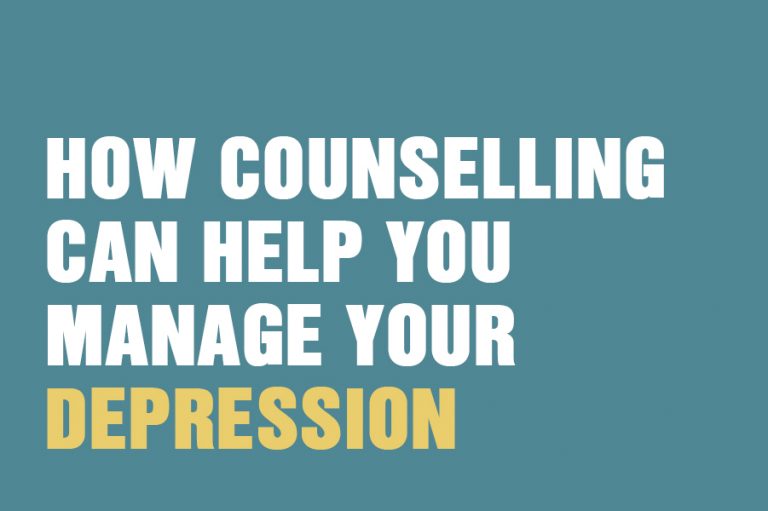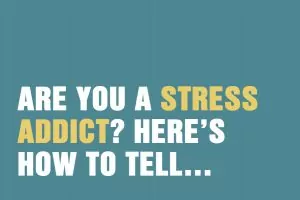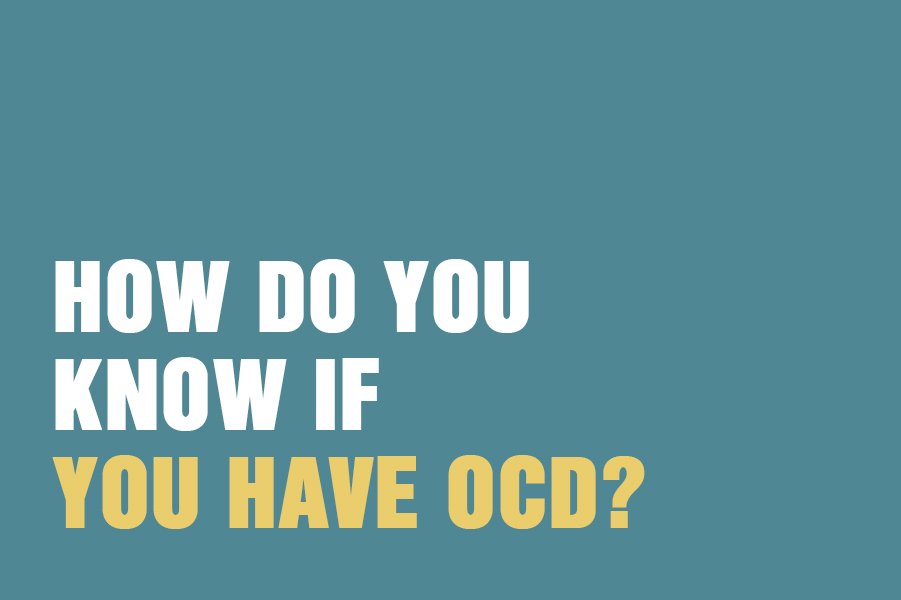Depression is a key issue for people deciding to see a therapist. Depressive symptoms can include feeling low and hopeless, having little energy, feeling a failure, and loss of interest in things you used to love.
If the ‘black dog’ of depression is starting to bite, then counselling can help you to manage your symptoms and to begin to feel more hopeful about life again.
Two therapists from our low-cost counselling service outline how they work with depression.
Kim Goodwin-Wheatle, TAC Clapham

Recognising depression is key to working with it, as it can have a variety of symptoms such as persistent feelings of hopelessness, disinterest in previously enjoyed activities, unexplainable tearfulness; as well as physical symptoms such as lethargy, change in appetite, low libido, or over or under sleeping.
One of the first things to clarify when working with you if you have depression is how long you have been in a depressive state. Is it a recent development with a circumstantial cause, or is it a longer-term state with a clinical diagnosis? If it is longer term it may be appropriate to work with you in conjunction with your doctor or psychiatrist.
I work with depression using a combination of behavioural and cognitive approaches.
Behaviours have a significant impact on mood. Using a mood and activity tracker or journal can help you see patterns and engage in behaviours which elevate your mood. Practising self-care – including exercising, eating well, having good hygiene, and abstaining from drugs or alcohol – all have a significant impact on depression if you are able to consider making behavioural changes. In a depressive state I appreciate that these changes can appear huge, so it’s important to go slowly and set realistic goals so as not to set you back.
When working with depression we would also look at challenging negative automatic thoughts and the dysfunctional assumptions they often lead to. Gentle challenging questions such as ‘What’s the rationale behind that thought?’ and ‘Would you speak to/think of a friend like that?’ can be really helpful ways to challenge your cognitive process when you’re depressed. Thought Diaries can be really useful work in between sessions, and can link in with the behavioural journals.
Amanda Watson, TAC Tooting

The dark cloud of depression can strike at any point in our lives, stemming from internal factors such as the inability to find pleasure in life, perhaps resulting in apathy, inactivity, excessive or lack of sleeping/eating, and persistent low moods. External factors, characterised by difficulty recovering from emotionally stressful events, may also be a cause.
If you were to work with me on this issue, I would ensure that you felt comfortable and safe in being able to express how you are feeling physically, mentally and emotionally. I would like you to know that you could explore both the present and the past in a confidential and calm environment where we could look at the causes and effects personal to your situation and context, without judgement.
Symptoms of depression can be overt or covert and can be manifested in different ways. Working with you, I would wish to first start with some of the most obvious such as erratic patterns of eating and sleeping. I would then move onto symptoms such as irritability, not appreciating affection or kind gestures and concerns from others, no longer taking part or enjoying and finding pleasure in activities, as well as random mood swings and feeling needier than usual.
If food is a coping strategy, we would work with food diaries to explore patterns and identify healthier options to fill the void you may be feeling within. If poor quality sleep is your main issue, we would again look to establish healthier patterns of sleeping and waking, and we could also explore your dreams to make any associations with conscious worries more deep-rooted issues.
We would work together to enable you to become more self-aware using a variety of therapeutic approaches and techniques to empower you to live your life the way you want it.
If you could benefit from counselling support to help manage your depression, get in touch and we will book you in with one of our therapists. You can reach us on 020 8673 4545 and [email protected] We have sessions available seven days a week at our Clapham and Tooting centres.







